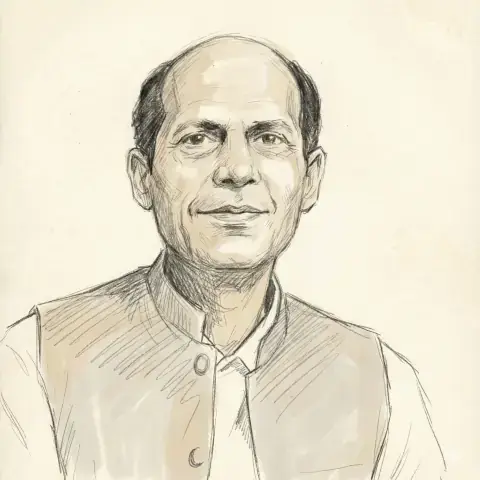ISLAMABAD: A bill aimed at clipping powers of the chief justice and giving the right to appeal in all suo motu cases with retrospective effect sailed through the Senate on Thursday without being sent to the relevant standing committee.
The controversial piece of legislation, titled the Supreme Court (Practice and Procedure) Bill 2023, was passed by a majority vote of 60 to 19. It seeks to take away the discretionary powers of the Chief Justice of Pakistan (CJP) to take suo motu notice, form benches and allocate cases in an individual capacity.
The bill was passed by the National Assembly on Wednesday after it incorporated some last-minute changes proposed by the standing committee on law and justice.
Law Minister Azam Nazeer Tarar moved the bill amid a protest by opposition lawmakers, who described the legislation as “an assault against the judiciary” and “an attempt to amend the Constitution through simple legislation”.
PTI members in the Senate chanted slogans against the move and tore up copies of the agenda. Some were also carrying placards inscribed with slogans like “attack on the judiciary unacceptable”.
Explaining the main features of the bill, Mr Tarar said it proposed the formation of benches and allocation of cases by a three-member committee comprising the CJP and two senior-most judges.
He said the right of appeal had been given under new legislation, which he said was a long-standing demand of bar councils and associations. Mr Tarar said that one had to keep room for an amendment to the law to meet the needs of the people in accordance with contemporary needs.
“A new trend was seen in the Supreme Court in the past two decades that instead of running the court through collective wisdom, the court became dependent on an individual,” he said.
The opposition leader in the Senate, Dr Shahzad Waseem of the PTI, said the bill was a direct attack on the independence of the judiciary.
He said the bill in no way was aimed at reforming the judicial system but directed at protecting political and personal interests.
The real purpose behind the controversial legislation was to escape elections, Mr Waseem said. Without naming former prime minister Nawaz Sharif, he said the right to appeal in suo motu cases with retrospective effect was designed to get the disqualification reversed after getting relief in corruption cases.
Mian Raza Rabbani of the PPP, a former Senate chairman, said that what was happening in the Supreme Court was a matter of concern.
He said when institutions became redundant and indulged in infighting, it set off alarm bells. He alleged that the parliament had been made redundant under a pre-conceived plan and that what was happening in the apex court for a few days did not augur well for Pakistan.
Barrister Syed Ali Zafar of the PTI was of the view that the Supreme Court was not a rival of the parliament. He stressed that an act of parliament could not take away the powers given to the judiciary under the Constitution. The bill, he said, was against the Constitution and was bound to be struck down.
Senator Mushtaq Ahmad of the Jamaat-i-Islami also expressed his reservations about the bill and regretted that it had been enacted for the elite. He said the government criticised the judiciary for meddling in parliament’s domain, but was averse to talking about military intervention.
Meanwhile, the Senate also passed the Lawyers Welfare and Protection Bill, 2023, and the Inter Boards Coordination Commission Bill, 2023.
Under the procedure, the bills passed by the National Assembly and Senate are sent to the president for assent, after which they become an act of parliament. If the president doesn’t approve a bill within 14 days, it is deemed to have been passed.
Meanwhile, Prime Minister Shehbaz Sharif tweeted that the bill’s passage would strengthen the SC and make bench formation and exercise of Article 184(3) of the Constitution “transparent and inclusive”.
Published in Dawn, March 31st, 2023


































